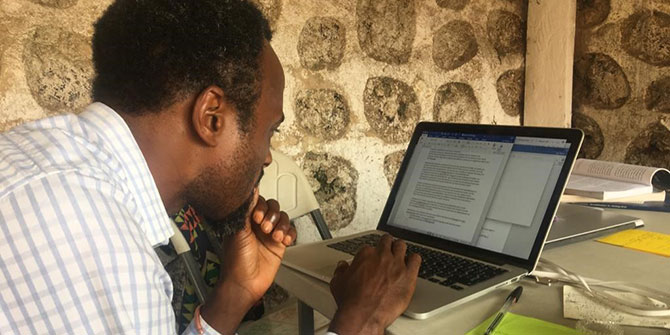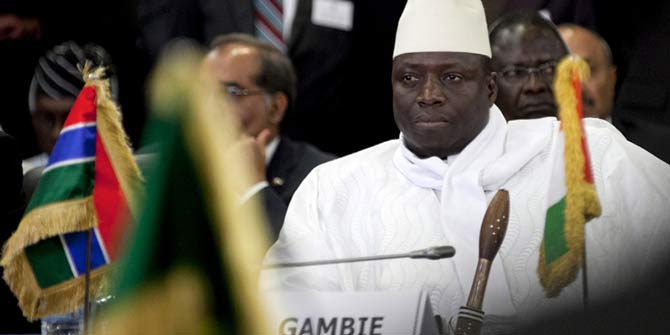LSE academics reflect on a key story of 2015 along with what they expect from 2016.
Dr Laura Mann – Assistant Professor, Department of International Development
If we focus on the biggest news stories of 2015 and 2016, we may miss important developments that do not make it into the news. I research the impact of information and communication technologies on African economies and political systems. News stories over the past few years have given the strong impression that local African start-ups are driving technological transformations within African economies and creating flatter, more competitive environments for economic growth and social mobility. Big companies such as Google, Facebook and Mastercard have contributed to this hype by funding well publicised start-up competitions and by highlighting local success stories in the international business press. At the same time, these companies have worked hard to build their market power and consolidate their control over new ICT infrastructures and digital-born data sources. It is in their commercial interests to promulgate a belief about the developmental impacts of mobile phones, internet connectivity and cashless payment solutions and to depict technological change as locally-driven and entrepreneurial in character.

In 2016 these digital chickens will begin to come home to roost. As tech companies move into African consumer markets and begin to act as information intermediaries for African governments, data will begin to accumulate and grow ‘big’. 2016 will see international businesses engaging with African consumers in new ways: more targeted advertising, more strategic attempts to displace informal markets and businesses, and growing segmentation at the so-called ‘Bottom of the Pyramid’. Such segmentation may interact interestingly with political strategies on the ground. While Mastercard and Facebook want to identify lucrative middle-class consumers, political parties want to understand their most important constituents and opponents; where should they focus resources, who should they woo and who should they shun? 2016 may be the start of budding relationships between big businesses wanting to penetrate African markets and African political parties intent on mobilising their support bases. It may also be the year when African informal producers find their livelihoods beginning to change in ways that they do not completely understand.
2016 will be a year of growing surveillance. As many will be aware, ‘big data’ is arriving at a time when there is a heightened fear of terrorism. The United States and the European Union have strong interests in rolling out data gathering infrastructures in countries such as Egypt, Sudan, Somalia, Kenya and Nigeria (and certainly in the rest of North Africa and the Middle East). We may see interesting news stories about struggles over jurisdiction. For example, if an American company handles Nigeria’s identity and border control systems, will the US government have jurisdiction over that company’s’ database? Or will countries willingly share data? If the US starts ‘arming’ governments with the capability to police populations, how will this strategy interact with local struggles to establish stronger political and human rights? What will citizens in these countries know about it? We should also be aware that this technology is emerging at a time when ‘good enough governance’ is in vogue and donor countries are directing aid to African regimes that care about growth and poverty reduction (but may not hold elections and/or guarantee political freedoms).Thus 2016 may also be the start of beautiful relationships between big business, external actors and repressive regimes.
Follow Laura on Twitter @balootiful.
The views expressed in this post are those of the authors and in no way reflect those of the Africa at LSE blog or the London School of Economics and Political Science.





